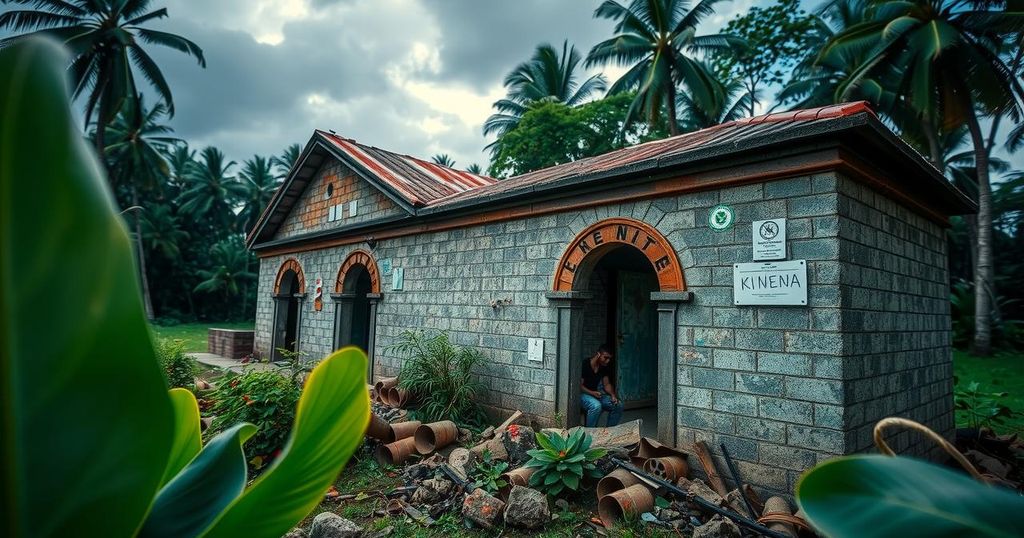The Democratic Republic of Congo has launched an investigation into vandalism at Patrice Lumumba’s mausoleum, where his tooth, believed to be his only remains, is housed. Lumumba was the nation’s first prime minister and was assassinated shortly after independence. The tooth was returned to his family in 2022 after being taken by a Belgian policeman. Observers are concerned about the implications of this vandalism for national memory and heritage.
Authorities in the Democratic Republic of Congo have initiated an investigation into vandalism at the mausoleum that contains the tooth of Patrice Lumumba, a significant figure in the nation’s history and a symbol of independence from Belgian colonial rule. This tooth is believed to be the sole known remnant of Lumumba, who was the country’s first democratically elected prime minister in 1960 before being assassinated in 1961 after only three months in office. After a Belgian policeman claimed to have disposed of Lumumba’s remains, the tooth was returned to his family in 2022. On a recent inspection, a police officer noted that the coffin holding the tooth was found open, although it remains undetermined whether it had been stolen. Lumumba is revered for his role in fighting colonialism and advocating for progressive policies in the wake of independence. However, historians maintain that his outreach to the Soviet Union during the Cold War diminished his standing with Western powers, which led to his assassination. Notably, despite the local perpetrators of his murder, there are enduring suspicions regarding the involvement of Belgium and the United States due to Lumumba’s communist affiliations. While the culture ministry confirmed that the mausoleum has been secured, they did not provide specifics regarding the tooth’s current status. Lumumba’s daughter, Juliana Lumumba Amato, condemned this vandalism as a troubling act, emphasizing her father’s sacrifices for Congo.
Patrice Lumumba is a pivotal figure in the history of the Democratic Republic of Congo, recognized for his role as the nation’s first prime minister following independence from Belgium in 1960. His tenure was abruptly cut short by his assassination, orchestrated within the context of Cold War politics, which raised questions about international involvement in his demise. The tooth, which is considered an important piece of his legacy, has become a focal point of cultural significance. The mausoleum that housed it serves as a reminder of Lumumba’s contributions and the political struggles faced by the Congolese people. The recent vandalism at this site has prompted an official inquiry as authorities seek to clarify events surrounding it and assess the potential implications of such acts on collective memory and national identity.
In summary, the vandalism at the mausoleum of Patrice Lumumba represents not only a disrespectful act towards a national hero but also highlights the ongoing struggles within the Democratic Republic of Congo regarding its historical narrative and cultural heritage. As investigations proceed, there remains a strong public interest in protecting the legacy of Lumumba, a figure synonymous with the fight against colonialism and a symbol of the aspirations of the Congolese people. His family’s sentiments further underscore the emotional weight of preserving such historical artifacts amid ongoing social and political challenges.
Original Source: www.northweststar.com.au






